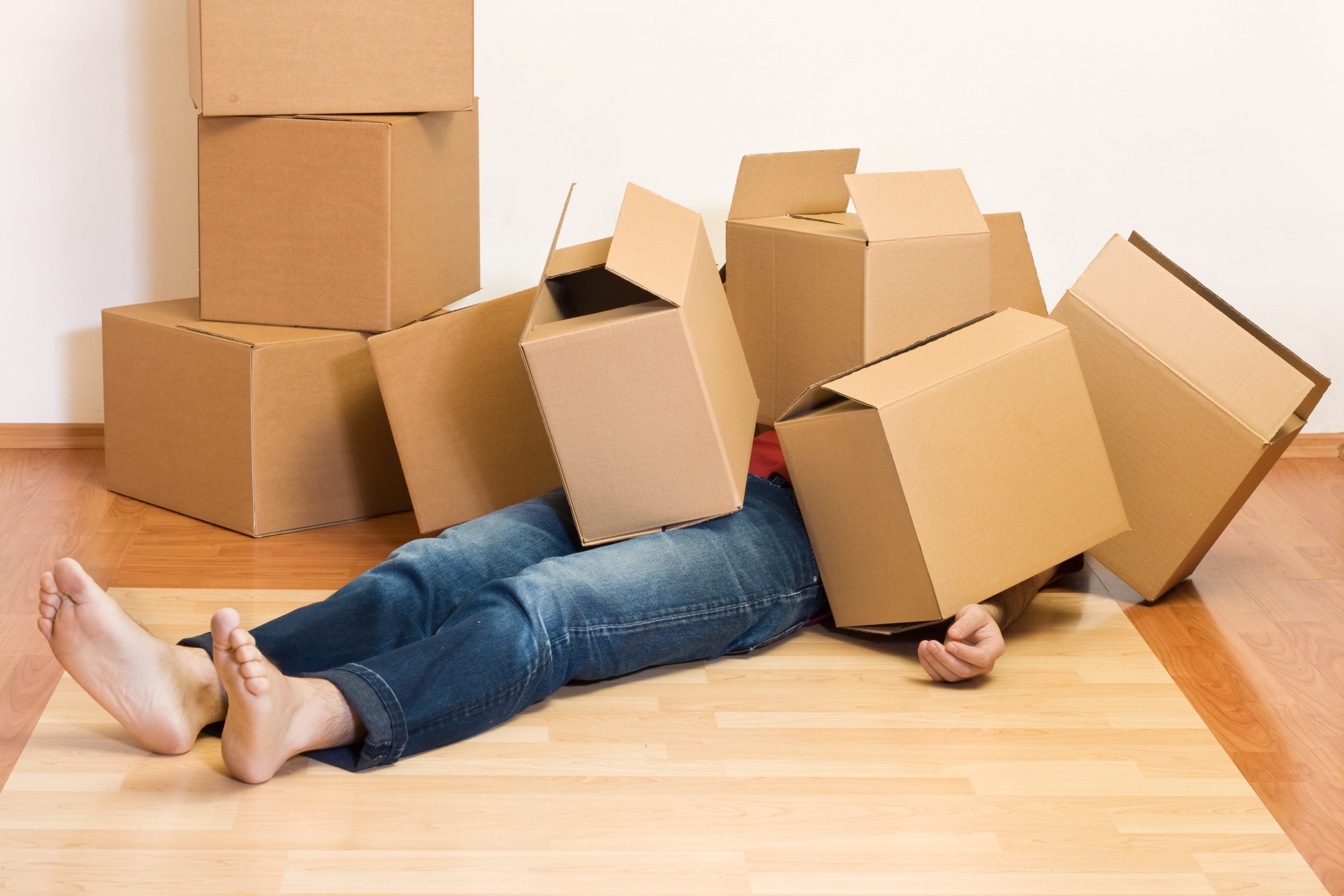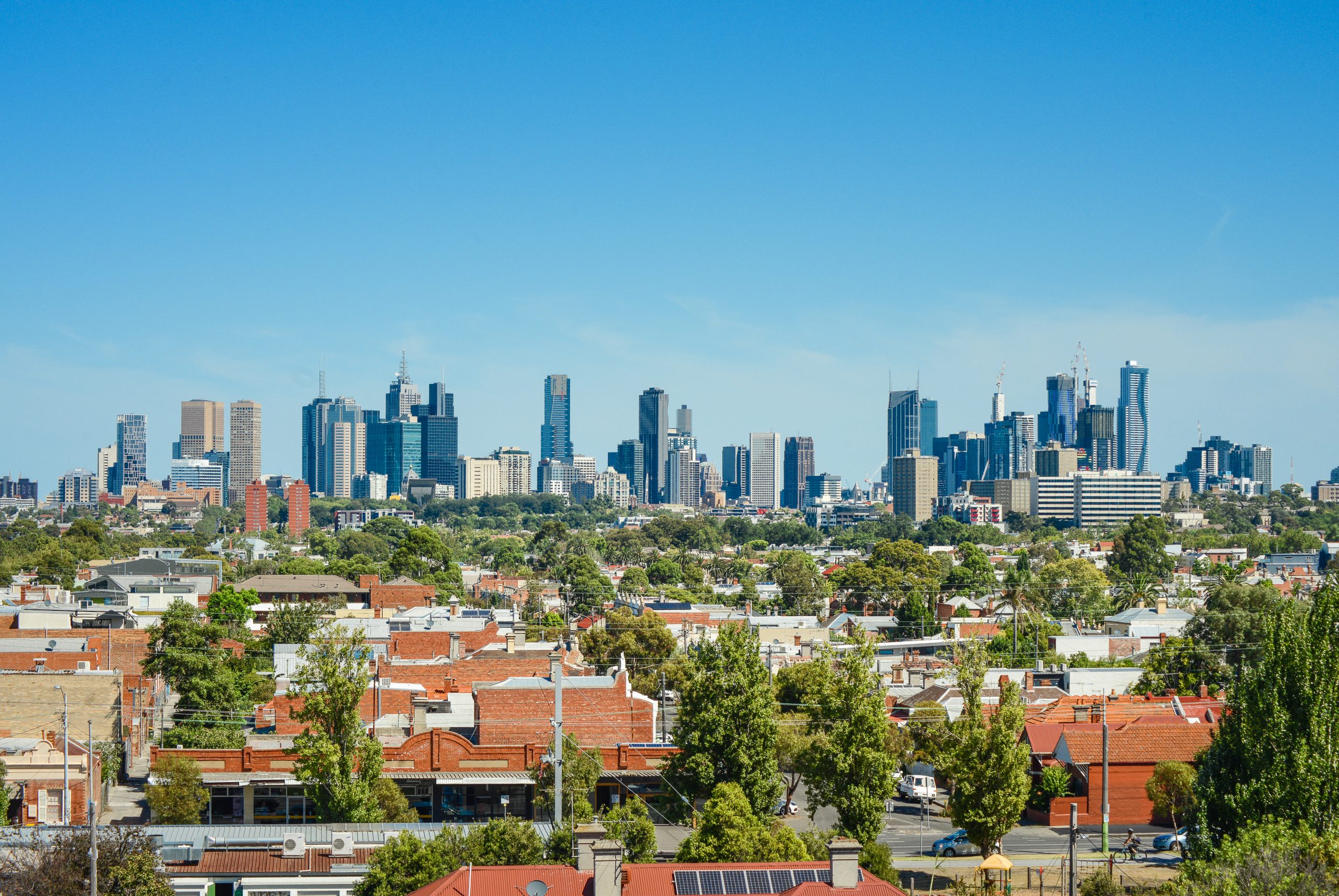Moving. The word, the thought, the work – can take us to a place of despair. It’s like the biggest weekend homework assignment of your life. Depending on how much you need to move, of course. If you’re not a tiny house dweller or true minimalist, chances are you have a house full of stuff that needs to be organized, packaged, moved, unpacked, reorganized and put in place in your new home. Big and small.
And moving your lifelong collection of stuff isn’t the only stress moving can bring to the surface. What if you’re moving to a completely different city or state? Will you adapt and like the new surroundings, will you make new friends, will your children make new friends? There’s a lot that can go through our minds when we think about change. Some people enjoy and look forward to change, while for others it may bring on stress and anxiety thinking about leaving their comfort zones. Here are some ways you can help yourself and your family to take away and alleviate some of the stress from moving:
Simply put, change your mindset. This doesn’t mean not to acknowledge all the responsibilities or tasks that go along with a move, but try to look at these things differently, in a positive and productive way. If you think about going through all of your belongings and only taking with you what you truly need and want, and getting rid of stuff you didn’t even remember you had, this is a good thing! An opportunity to let go of the old and lighten your load. Declutter, donate, re-purpose. Changing our view on the benefits of moving can greatly improve the process.
Organize and prioritize. Don’t wait until the last minute to do everything. Make a list of all of the tasks you need to take care of like changing your address, changing utility company information, canceling subscriptions. Prepare for packing by making a categorized list of your items, what kind of boxes and containers you need, labels, tape, markers, etc. Having all of your tools at the ready will avoid the stress of not having them when you need them.
Research your new city. If you’re moving to a completely new location and don’t know much about it, do some digging online! Check out the popular local restaurants, look for nature trails and parks, find the closest coffee shop to your new address. Community meet-up groups are a great way for new people in town to meet and make connections.
Hire a professional moving company. If you are able, hiring professionals to help with you packing, loading, trekking and unloading is a huge weight off your shoulders. No stress of asking friends and family to use their weekend in the most dreadful and strenuous way possible, and you’re able to focus on all the logistics and personal planning you need to tend to. Whether you hire for the full gamut of the moving process, which can include movers coming into your home and actually packing for you, or just the day-of work of transporting your furniture and boxes, the professional help is one we’d recommend if it’s in your budget.
Don’t take too long settling in. We get it, moving is exhausting, and the thought of now going through the stress of unpacking and putting away all that stuff is one we want to put off and avoid. You should give yourself a little time to rest and decompress, however, getting your new home in order will allow you to sit back, relax and get comfy in your new place. You know you’d feel much better sitting on the couch and having a view of a finished and decorated room, rather than 3 boxes in the corner and your framed art standing against the wall. Wouldn’t it be nice to open a cupboard and grab a glass, instead of pilfering through which (hopefully labeled) box it’s in? Getting settled will help you feel grounded and ready to take on this new chapter of your life.
We hope some of these suggestions help you if you’re finding yourself stressed out about moving. It’s obviously not the most fun thing in the world, but it doesn’t have to be the absolute worst, either!







